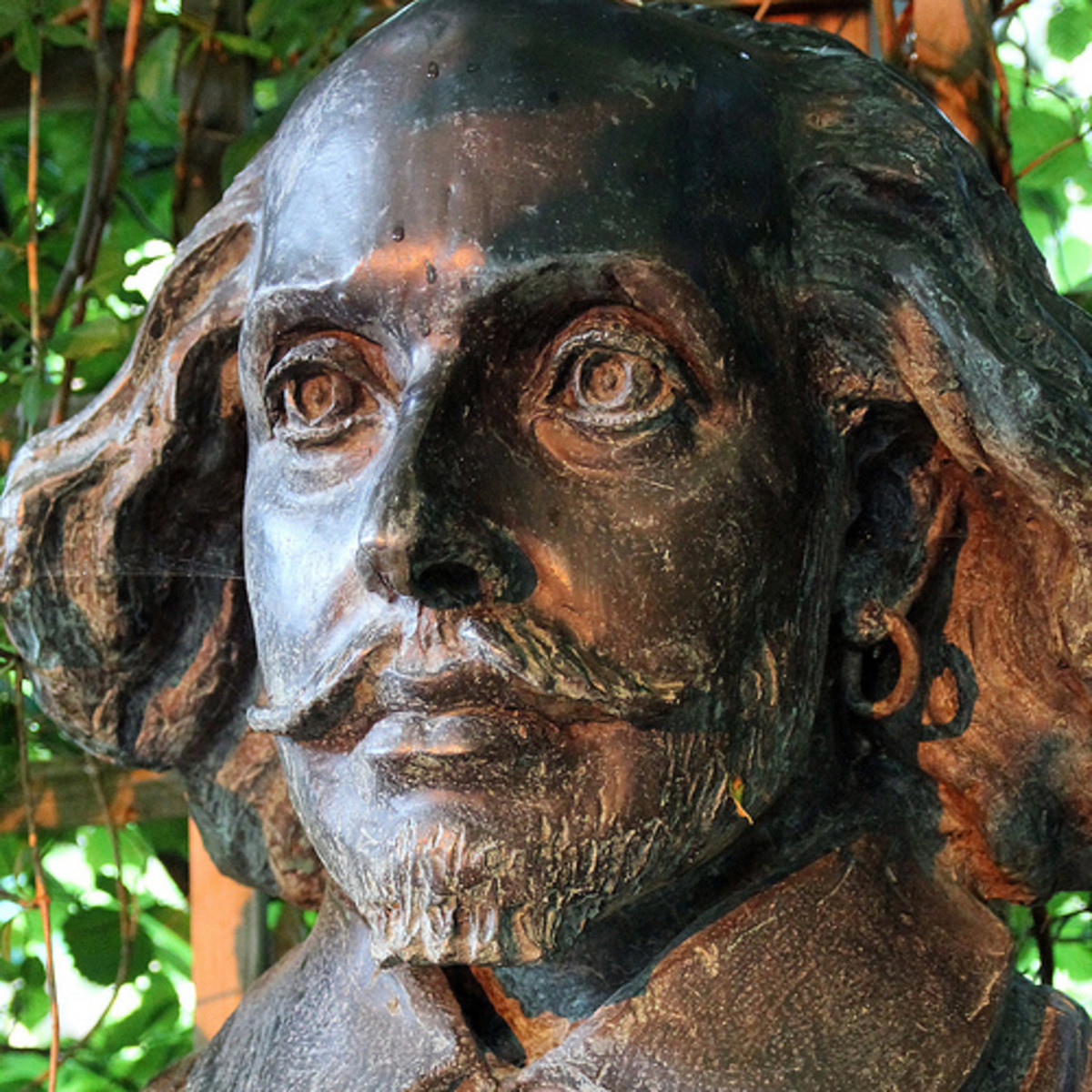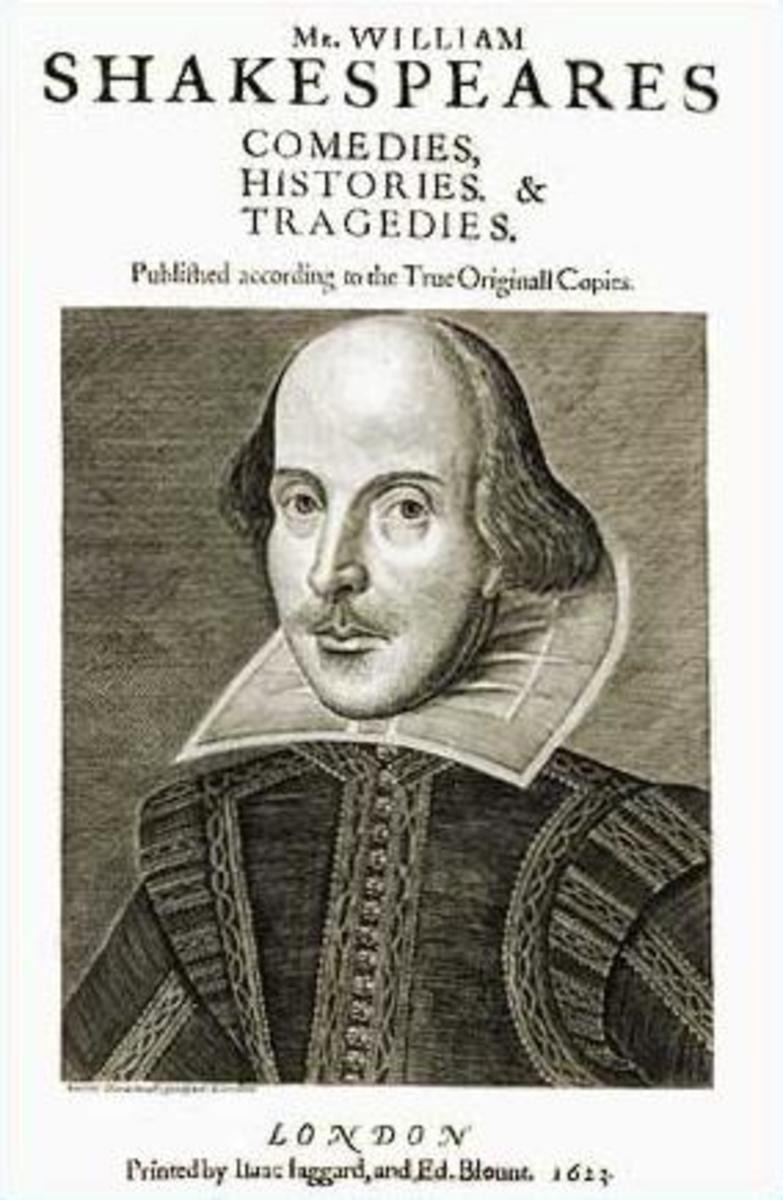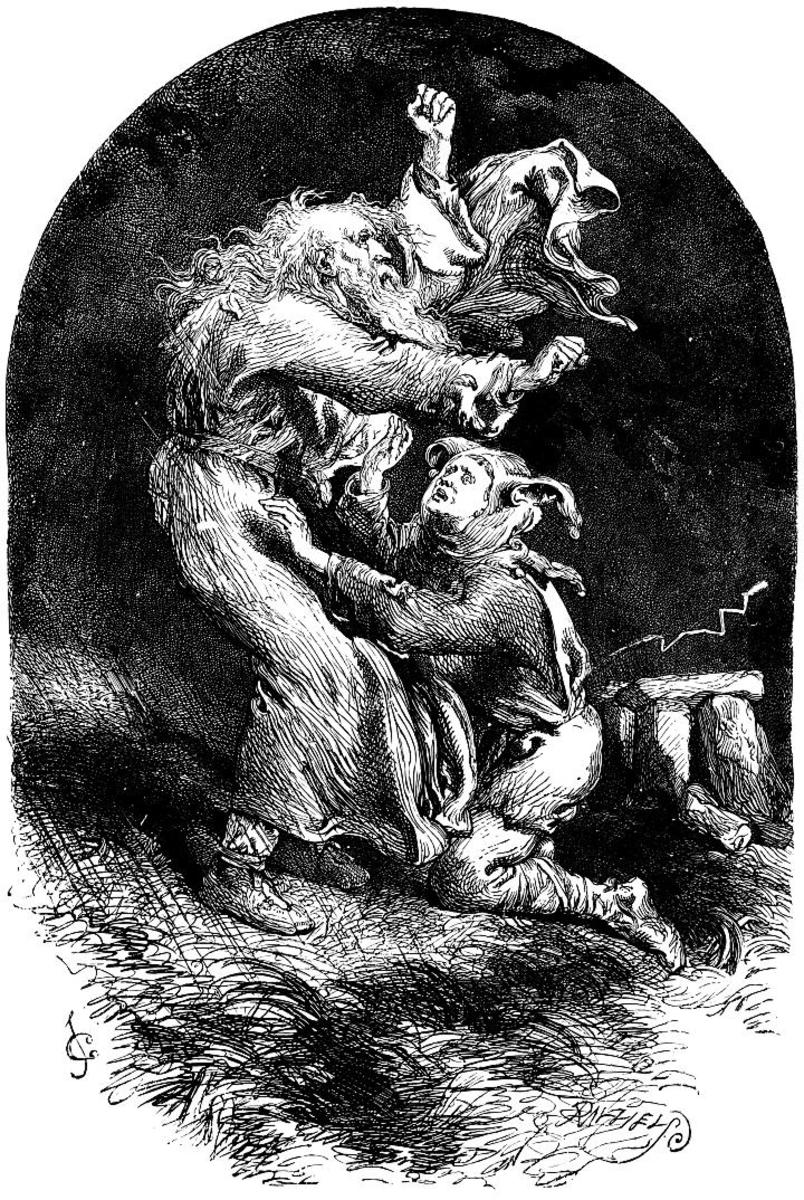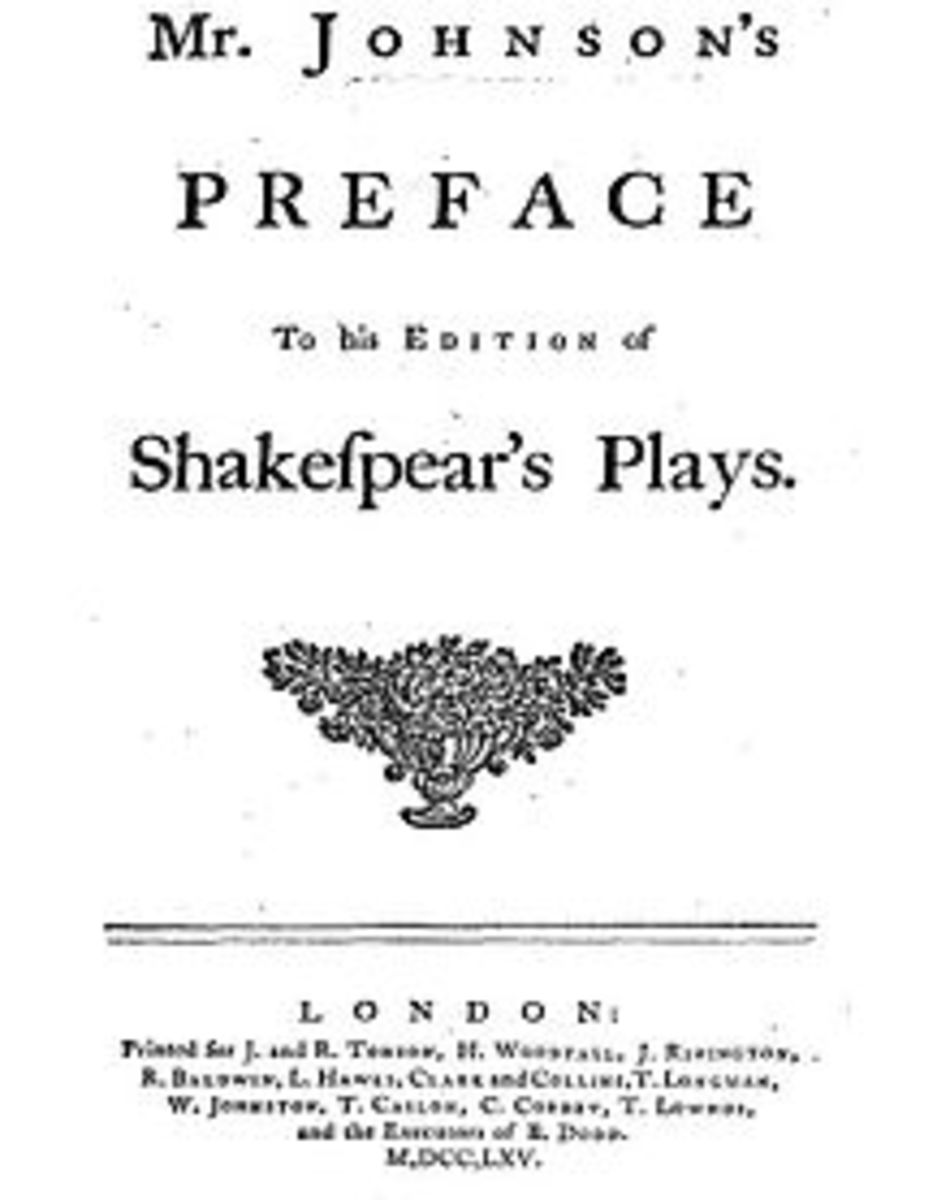- HubPages»
- Books, Literature, and Writing»
- Literature»
- English Literature
Fortune, Death, and Jealousy

William Shakespeare, one of the greatest playwrights and poets in history, whose work includes “Hamlet,” and “Romeo and Juliet.” In his poem “Sonnet XXIX,” he reflects a moment in his life when he felt most insecured and troubled. This poem seems to be autobiographical, containing layers of meaning that expresses Shakespeare's state of mind during the time when this poem was written.
One layer of meaning in the poem is when Shakespeare refers to an “Outcast State,” in the second line of the poem. In the poem, this “Outcast State,” may be an allusion to people dying in the streets from and surviving a plague, and the closing of theaters as a result of the plague. The time when this poem was written was during a plague which caused his theater to close. Shakespeare expresses his jealousy towards the good luck that people are receiving and those who don't have such good luck. In the second line, “I alone beweep in my outcast state,” also alludes to Shakespeare's feeling of being isolated from society and his envy towards those who manage to stay successful despite the plague. The meaning also helps emphasize his mood and to show how he fails to see things in positive way. This shows how the meaning of “Outcast State,” how fortune has caused him to be an outcast from society.
Another layer of meaning is shown in the first line of the poem: “When in disgrace with for with Fortune's and men's eyes.” that shows Shakespeare in a state of depression. With theaters closing and Shakespeare out of work, he and other actors are unable to make a steady income. With Shakespeare out of work, his use of the word “when,” seems to imply that he is no stranger to this kind of misfortune. This shows how paranoid Shakespeare has become which make it seem like fortune is coming out to get him and take away everything he cares about away from him. Fortune in the poem is spelled with a capital “F” which makes it seem to be somewhat personified as some kind of mystical force or spirit that is unavoidable that casts down people into shadows and leaves them feeling empty of any hope. The word “Fortune,” may have many different meanings in the poem either meaning either somebody with great wealth or someone who is completely broke. The portrayal of fortune in the poem makes it seem like it is some kind of spinning wheel which is picking people out at random and choosing whether they can be rich or poor. Shakespeare not only feels in disgrace with fortune, he also feels in disgrace with “men's eyes.” By feeling in disgrace with “men's eyes,” this implies that Shakespeare feels out of favor with the general public and they turn him away because of his lack of wealth or him being unable to make any money.
One other meaning that is layered within the poem is shown within the third line of the poem: “And trouble deaf heaven with my bootless cries,” which shows how desperate William Shakespeare is and asking for God's help in his time of need. “Trouble deaf heaven,” seems to show Shakespeare praying to God for his assistance but seems to be getting no reply from him and has turned his back away from the poet despite his “bootless (useless) cries,” refusing to intervene. This also gives us the sense that this the beginning of the poet's spiral into a state of despair and seems to go back to the first line of the poem that not only is he in “disgrace with Fortune and men's eyes,” but also in disgrace in the eyes of God. Shakespeare further elaborates about his state of despair throughout the rest of the poem by going into more detail. Without God answering his calls to prayer, the poet looks at his life and sees that he is not proud of what he has accomplished. The poet looks upon himself and curses his “fate,” looking at his life as being completed wasted with his greatest accomplishments becoming his greatest failures.
Furthermore, Shakespeare also see himself becoming “one more rich in hope.” The poem seems to show that there are different kinds of wealth including spirtual wealth and monetary wealth. Being “one more rich in hope,” the poet wants to see himself as one of the people who is not only rich in spirit but as someone with tremendous wealth. Shakespeare goes on to say, “Desiring this man's art and that man's scope expressing his jealousy towards the people who are more hopeful about their futures and those who have a greater chance at becoming “rich” in wealth. The mood of the poet seems to change towards the end of the poem. Shakespeare elaborates on his change in mood by stating, “With what I most enjoy consented least, yet in these thoughts my self almost despising, haply I think on thee, and then my state.” showing that despite his troubles he can still find a way to become more hopeful and to look at things in a positive light. He finds that he has become free of his misery hearing “hymns at heaven's gate” that has helped Shakespeare become liberated from his outcast state. The poem concludes with him stating that despite his desire to have wealth, that he would not exchange it for whatever can make him feel more happy.
I believe that the theme to this poem is to be more happy with yourself and not let possessions control how you feel in life. To me this poem shows us that there are always ups and downs in your life and that the only way you can help yourself is to let go of material possessions. William Shakespeare show the reader that pursuing profits and power in society, leaves you with little time and energy to gain the respect of others.
© 2020 Nathan Neel








